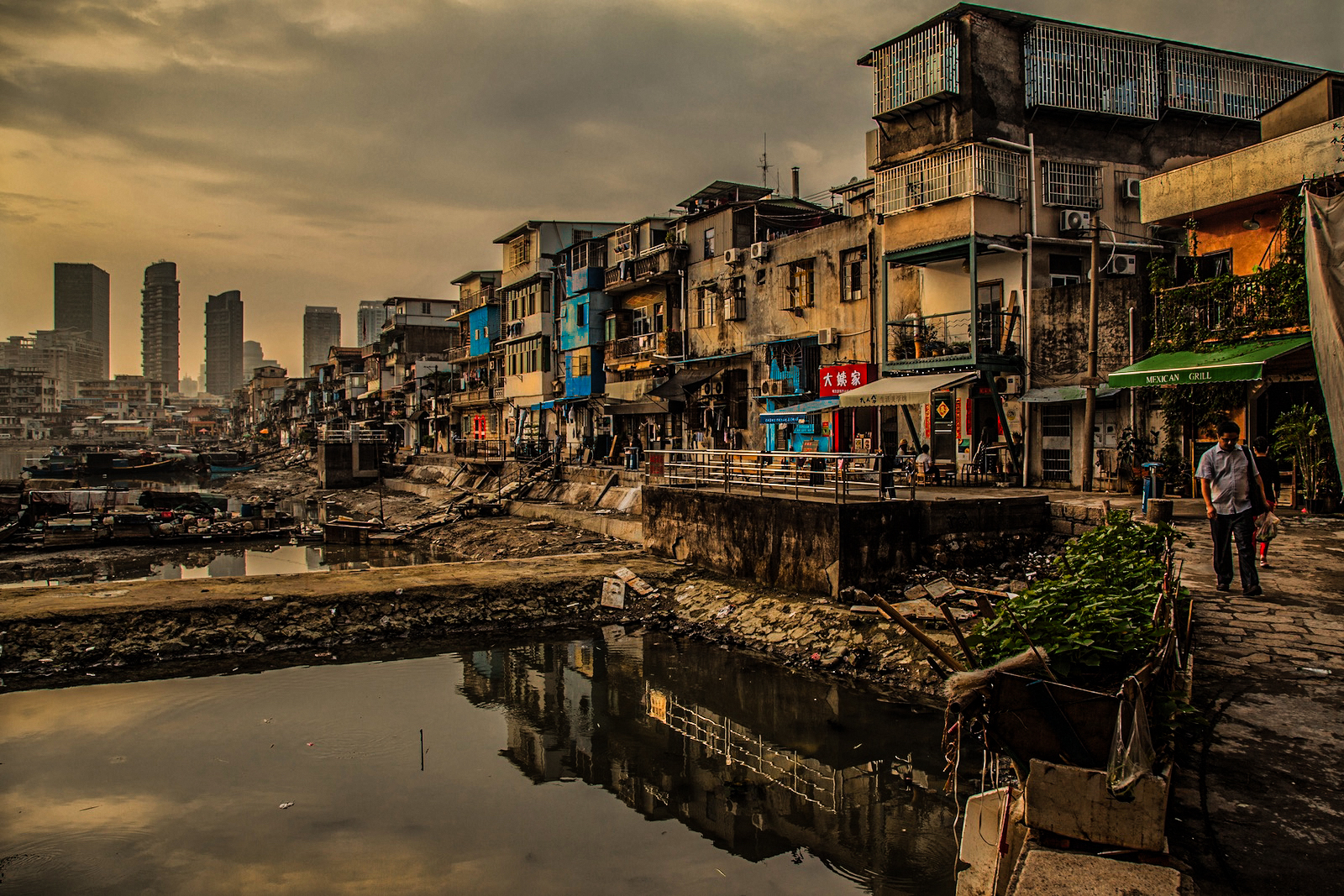
Culture
The Tragedy of Simple Solutions for Complex Problems
When it comes to wealth inequality it is often asked whether it is a good thing or a bad thing. Most people would answer with either yes or no. But reality is more complex than a lot of simple questions assume. The answer really is: it depends.
Those who offer the answer that the situation is bad are likely to say government policies meant to eradicate inequality are a good thing while the other side would say it is inherently a bad solution. Again, both answers are wrong because it depends on more factors than what are immediately apparent.
Start thinking about a small society—for argument’s sake assume two households—where they are entirely equal in wealth and income. Is that good or bad? Again, it depends. If both households are on the edge of starvation with little to no wealth creation, equality of wealth is no virtue—it’s a death sentence. They live in perfect economic equality, but both will shortly perish that way as well.
One of the households desperately begins planting more crops and works longer hours to produce food to survive—their level of wealth and well-being increases. Is that a bad thing because it means rising wealth inequality? I would say it isn’t and most people, I think, would agree.
Now, consider a different scenario where instead of planting more crops and working harder they arm themselves and pillage their neighbour’s meagre holdings for themselves. Their level of wealth increases but I think most rational people would say it is a bad thing and criminal as well.
If both households plant more crops and put in longer hours their standard of living rises, but it is unlikely they will both produce in absolutely equal amounts. If one consistently outproduces the other the latter’s wealth will rise at faster rates. This inevitably means they will go from having perfect economic equality—albeit starving to death—to one of increasing inequality yet the standard of living for both households will be improving and each will be better off.
In that situation the wealth of both is going up—making each better off—but their equality diminishes. Does the increasing inequality make the rising living standards automatically bad? I think not.
Studies have found income inequality may be either a good thing or a bad one depending on how it came about. Policies that favor those with political power harm those who are pillaged, taxed, or regulated into increased poverty while individuals who aren’t producing—just politically connected—benefit. That encourages more of the poverty-inducing policies and discourages wealth creation—making the entire society poorer.
These examples drive home some important aspects of market liberalism. A prime observation of market economics is social reality is far more complex than can be fully observed or accurately planned by authorities. All the trillions of information bits that would need to be accumulated for central planning to work are out of reach of any planner. This diffused knowledge, if it could be accumulated is already outdated by the time it’s observed, and supply and demand preferences have already changed.
The information needed to centrally plan a complex economy with millions of actors simply isn’t something a planning body can accumulate. If by some miracle they manage the information will already be outdated, rendering it useless for the goals of the planners.
This means central planning is not possible and political manipulation of markets is likely to produce bad results far, far more often than it manages, by fluke, to get things right. All you need do is look at state-owned enterprises such as South African Airways and privately run airlines that use supply and demand as their tool of planning instead of what is politically expedient. The private airlines create more wealth than they consume while SAA is like a giant toilet sucking up vast amounts of wealth.
The thing to realize is that voluntary economic trades tend to make all parties better off, albeit to varying degrees. But political measures to redistribute tend to destroy more wealth than are created—meaning a net loss for society as a whole.
The virtue of markets is that information is accumulated in the form of price and profit signals. If profits are low, it indicates supply is overly abundant and some resources should be directed elsewhere. Self-interested entrepreneurs are out there always looking for just such opportunities. If profits are high, they signal vigilant entrepreneurs to produce more and reap the rewards.
While this pattern of political manipulation of markets is pronounced more in some countries it is found in nation after nation and in each it works badly.
The thing about reality is it is almost always far more complex than simple solutions allow. The result is simple solutions are usually wrong and typically do more harm than good.

